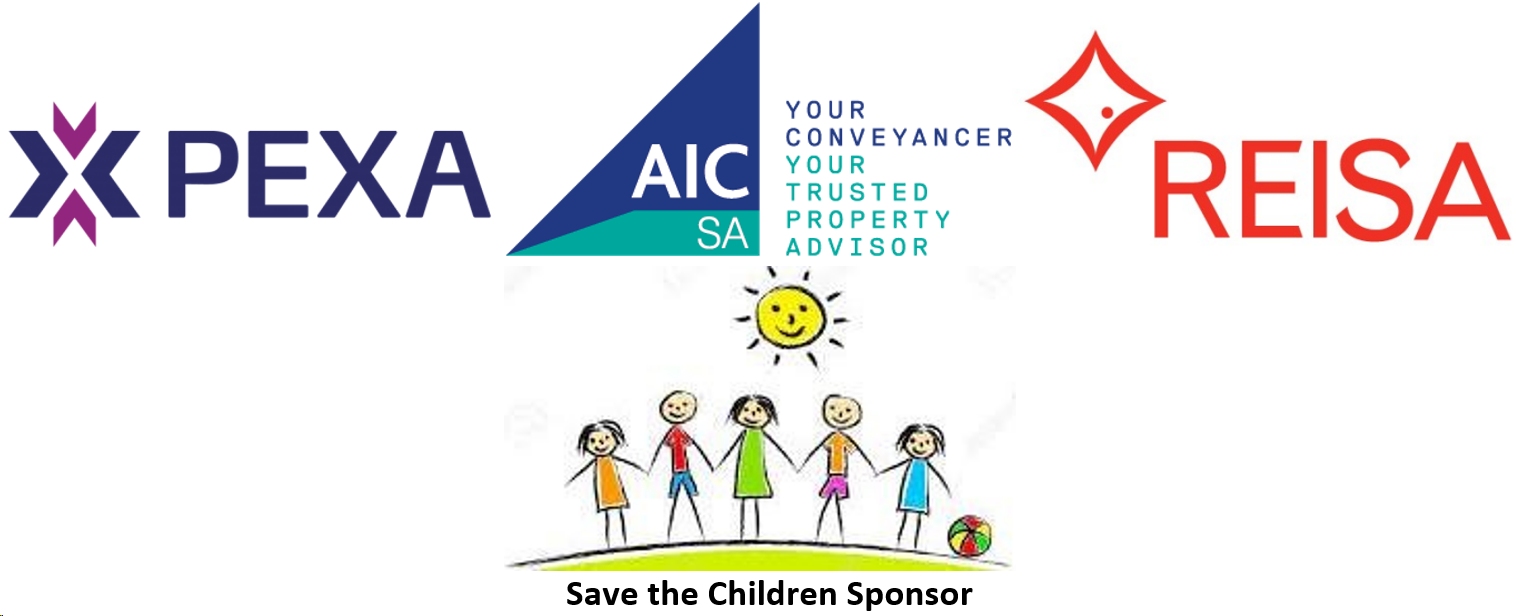
Selling a property
When should you contact your conveyancer?
It’s never too early to contact a conveyancer. They can provide you with invaluable advice and if this is your first sale, it will help to have a friend on your side early to give you an objective opinion on the required documentation and processes. If not before, definitely get in touch as soon as you have signed a contract with your purchaser so that we can begin the journey to settlement for you.
Harmony Conveyancing will liaise with your real estate agent (or directly with you if you are selling privately), with your financial institution and any other parties involved in your transaction. We will make sure the process is smooth from start to finish.
Our fees: We’re confident we will compare favourably but we suggest you make sure you get a full breakdown of any additional fees such a file storage and mortgage liaison (which are sometimes unexpected additions over and above the conveyancer’s professional fee). We only charge third party fees at cost.
When you are selling a property, we will
- Perform Verification of Identity
- Prepare the contract (if the transaction is negotiated privately).
- Examining the land title to ensure accurate details of property ownership.
- Provide, prepare, or assist in completing advice on Form 1 for the seller.
- Liaison with mortgagee to discharge any registered or private mortgages.
- Research the property and check its certificate of title for easements, type of title, and any other information which is needed.
- Adjust the rates and taxes to be paid up to the date of settlement.
- Prepare settlement statements.
- Communicate and exchange documents with Purchaser’s conveyancer.
- Schedule a meter reading with SA Water.
- Arrange payout of your mortgage, rates and taxes and any other monies due.
- Reconcile all entrusted funds, conduct a title check and research before settlement.
- Distribute the proceeds of the sale in accordance with your instructions.
- Advise the authorities of the change in ownership.
Selling a property and the path to settlement
Here’s a list of everything you need to think about between signing your contract with your purchaser and finalising your settlement in South Australia.
- Continue to maintain your property in good, clean and tidy condition until settlement day and if it is vacant land, adhere to all Council and fire safety regulations.
- Tell your real estate agent that Harmony Conveyancing will be acting for you. We’ll liaise with your agent to get the documentation we require.
- Try and respond to our messages promptly. That way we can make sure that we avoid any unnecessary delays with your settlement.
- Part of the requirements that we need to fulfil is the verification of your identity. You will need access to original documents to prove your identify. If you can produce a current driver’s licence and passport that is ideal but if you can’t, we can help you with an alternative.
- If you’ve started packing up ready to move, please make sure you hold back the paperwork we will need to Verify your Authority to sell your property. Things like a recent Council rates notice, SA Water, Emergency Services Levy or Revenue SA invoices for the property will come in handy for the purpose of Verifying your Authority.
- Make sure that your real estate agent and Harmony Conveyancing are told of any changes to your contact details (phone, email, address) between signing of the Contract and your settlement date.
- Contact your lender to discuss discharging your mortgage (if you have one).
- Organise for a removals company to quote for moving your belongings; or arrange to move yourself.
- Advise your gas, electricity and other providers of the date to undertake final meter readings and to close or transfer your account for these services.
- Arrange for utilities to be connected at your new residence (if required).
- Update your postal address with various entities (e.g. banks, subscriptions, driver’s licence, insurance etc.) – you might like to consider setting up a mail redirection with your post office.
- Arrange to be completely moved out of the property before 10.30am on the day of settlement and leave all keys with the agent (or other arranged place) by 10.30am on settlement day.
- Before settlement day we will issue you with a Vendor Statement. Have a look over it and that we have the correct details to pay the proceeds of your sale.
- If you have any queries regarding Real Estate Agent fees or commission direct these to your agent immediately.
- You will receive a notification as soon as settlement has been completed.
Private Sale
Whether you are selling your home through a licenced real estate agent or privately, we can assist with your settlement. Contracts are usually prepared by your real estate agent, however if you have found your own buyer, we can prepare the Contract, Form 1, and all other required documentation to transfer the property on your behalf. Terms of the Contract will need to be negotiated and agreed to between you and the Purchaser.
Vendors frequently asked questions (FAQ)
When will I receive my settlement money?
Most Settlements are completed through the Electronic Platform called PEXA which means your settlement money should be cleared in your account within a few hours of settlement completion.
Should I pay my Council Rates/Water bill before settlement?
If the bill is due before settlement, then pay the bill on time to avoid late payment fees and let Harmony Conveyancing know so that we can adjust the settlement figures accordingly. If the bill is due after settlement, then we can pay it on your behalf at settlement.
When do I need to vacate my property?
The Contract of Sale states that the Vendor must provide “vacant possession” on settlement. The property should be left in the same state of cleanliness as evident at the time the Contract was signed. You must remove all furniture, unwanted items, building materials and garden waste from the property, sheds and garages prior to settlement day (10.30am).
Do I need to disconnect my utilities?
Yes, you will need to arrange for disconnection of Electricity, Gas and Internet/Phone and change your postal address. Harmony Conveyancing will notify the Council, SA Water, Revenue SA and Strata/Community Corporation Managers (if applicable) of the change in ownership.
The purchaser has suggested we use the same Conveyancer. Is this a good idea?
While it is legal to use the same conveyancer as the purchaser, we recommend that each party engages their own. You may save a relatively small amount of money by using the same conveyancer, but there are risks in this scenario. Engaging your own conveyancer means they will work for you and be your advocate. It will also avoid delays should a conflict of interest arise, and the conveyancer is required to cease acting for one or both parties in a transaction.
Do I need a Conveyancer if I’m selling my property privately?
Yes, a conveyancer is still required to prepare the contract of sale, the Form 1 statutory disclosure statement and the other documentation legally required for the sale to proceed. We recommend speaking with us before advertising your house for sale to make sure you fulfil your legal obligations.
Is there a cooling-off period when I sell my property?
In most cases, there will be a statutory cooling-off period for the purchaser, during which time they have a right to terminate the contract they have signed to purchase your property. As the vendor, the cooling-off period does not apply to you and you are bound by the contract of sale as soon as you sign it.
Fees
If you are a vendor selling a home, you will also need to budget for a range of costs.
You may need to carry out some minor repairs and maintenance to get your property looking its best, while property styling can help make your home more appealing to prospective buyers. You may even wish to get your own building inspection or pest report done to avoid any nasty surprises.
There will almost certainly be marketing costs involved. These will vary depending on the options you choose but will generally include photography, brochures, a sign board, and online listings.
Your real estate agent will charge commission, usually a percentage of the property sale price. If you choose to sell at auction, you will also need to pay an auctioneer.
Legal and conveyancing fees will be payable.
If you have finance on the property, there may be mortgage discharge fees, settlement fees and government fees payable to your lender when you sell the home. If your mortgage is fixed, there may also be early repayment costs.
Surplus funds direction
Surplus funds are difference between the sales amount (incl adjustments) Less loan you owe on the day of settlement (incl. bank fees).
Surplus Funds = Sales Price – Adjustments (Incl Sales commission, council rates etc) – Bank Loan.
Ways to Instruct Surplus funds:
- Surplus funds instruction to lending bank: If you a bank account with same bank as your home loan, you can instruct your bank to provide surplus funds into your bank account, please advise this when filling up your discharge authority application.
For Example, If you have a home loan from NAB and you also have a savings account with NAB, you can instruct NAB to deposit any surplus funds into your savings account. This facility cannot be availed if you have a home loan from NAB and a savings account with Common Wealth Bank.
- Surplus funds instruction to US: If you don’t have a bank account with your lending bank, you need to provide us instruction and bank details where your like your surplus funds to go. Surplus funds will be credited to your nominated bank account at the time of settlement. Please ensure you provide the correct bank details.
Settlement day
- We will inform you, your real estate agent, mortgager broker (if any), council, strata corporation (if any) via email.
- Arrange handover of the key and possession upon settlement with your agent.
- We will pay any outstanding dues until End of Financial Year for Council Rates, Strata Fees (if applicable), Emergency Service Levy, Land Tax (if applicable)or Quarter for Water & Sewer Rates.
Conveyancers for both parties will lodge the required paperwork through the Property Exchange Australian (PEXA) online system, and on the day of settlement, the certificate of title is transferred, meaning that ownership of the property has been legally transferred, and the funds will be released to you. Once the settlement is complete, the buyer can arrange to collect the keys from you or your real estate agent.
Important reminders for Vendors and Purchasers
If you are selling and the premises is not tenanted, you must ensure that the property is handed over with vacant possession. This requires that the property be free of chattels such as furniture, rubbish, and personal items. Vendors should also make sure utilities such as gas and electricity have been disconnected.
We would love to have a chat FREELY with you about your property sale or purchase and invite you to get in touch with any questions you may have ANYTIME.
Contact us today: 0407197011
